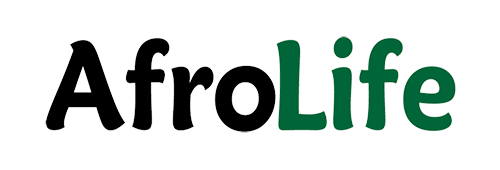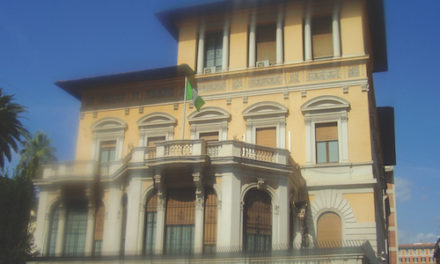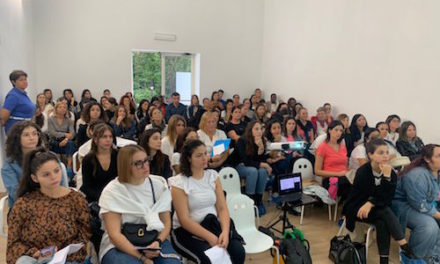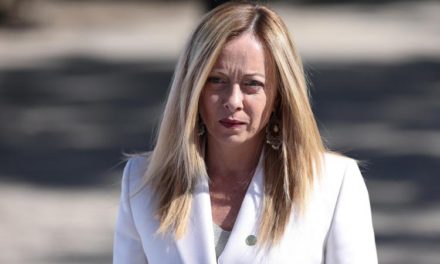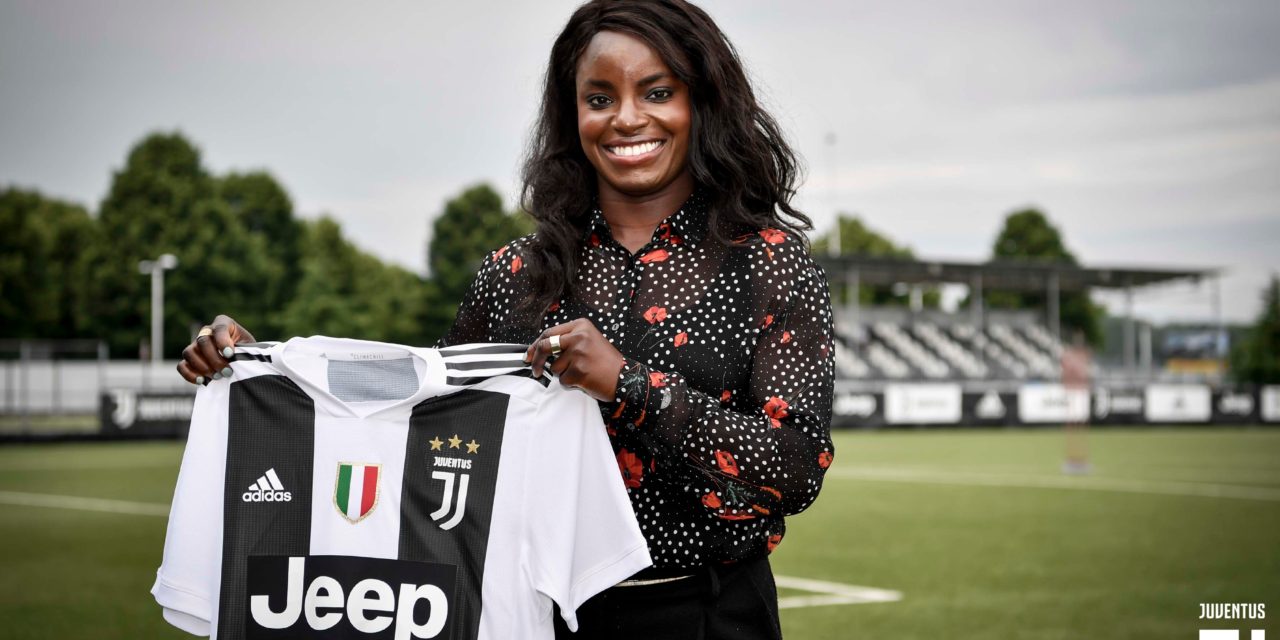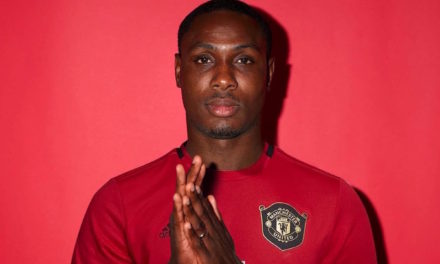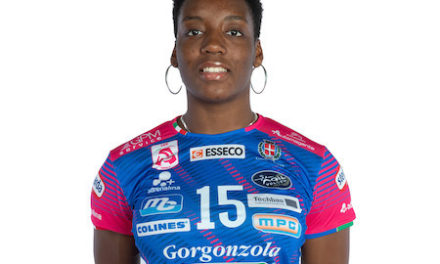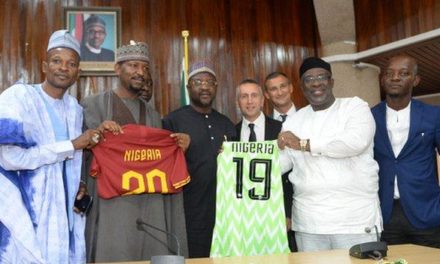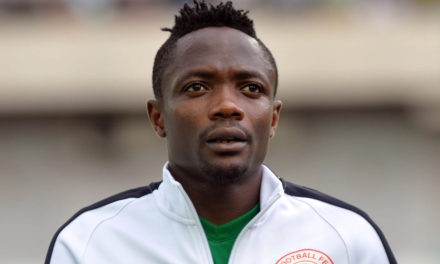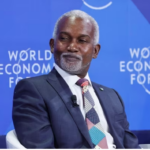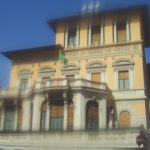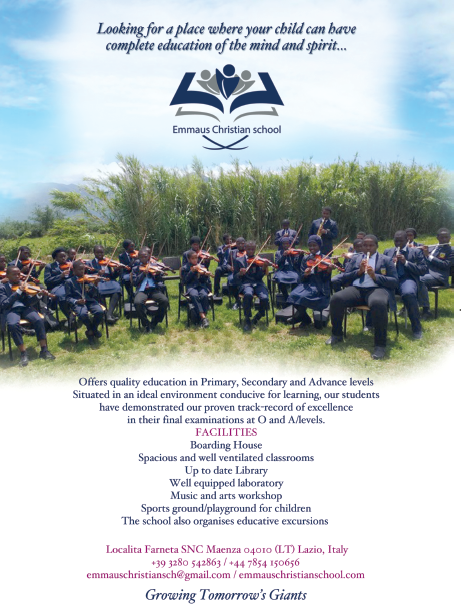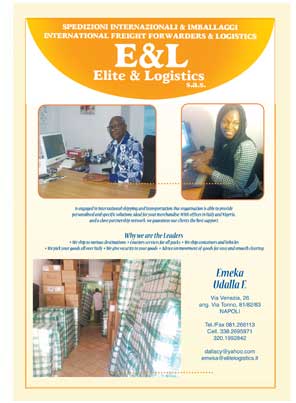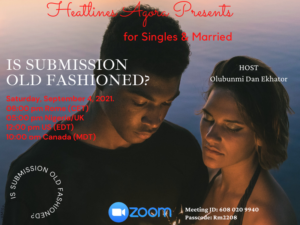“What are you doing here? Why are you here?’ The minute I say I play for Juventus, the whole atmosphere changes. But if I didn’t play for Juventus, it wouldn’t.”
Aluko said more often than not she found herself having conversations in broken Italian: “You cannot make me feel as if I’m about to rob the store just because of your fear and your ignorance.”
A taste of what racism is all about is most times served at the gateway into the city. “Every time I landed at Turin airport in the last four weeks, I was being treated like Pablo Escobar. Sniffer dogs were being set upon me.”
Italy’s racial hostility to people of Africa descent have in recent days played out in men’s football in the Italian Serie A as the likes of Mario Balotelli, Romelu Lukaku and Fiorentina’s Dalbert Henrique were subjected to racial abuses.
Mauro Valeri, who leads the Observatory on Racism in Football says racism transcends the big leagues in Italy to youth teams. “There are many episodes (racism) in the youth teams, especially among very young players. The issue is not considered to be a serious problem. But in reality, if you look at the quantity – in the last two years alone I’ve registered about 80 episodes.”
“In Italy – in men’s football, in particular – the reaction of owners and fans says everything you need to know. Those are the nuances,” declared Aluko who bagged a first class degree in law in 2008, and had 103 caps for the England women’s football team . Her Junior brother Sone Aluko also played for the Nigeria’s national side the Super Eagles.
